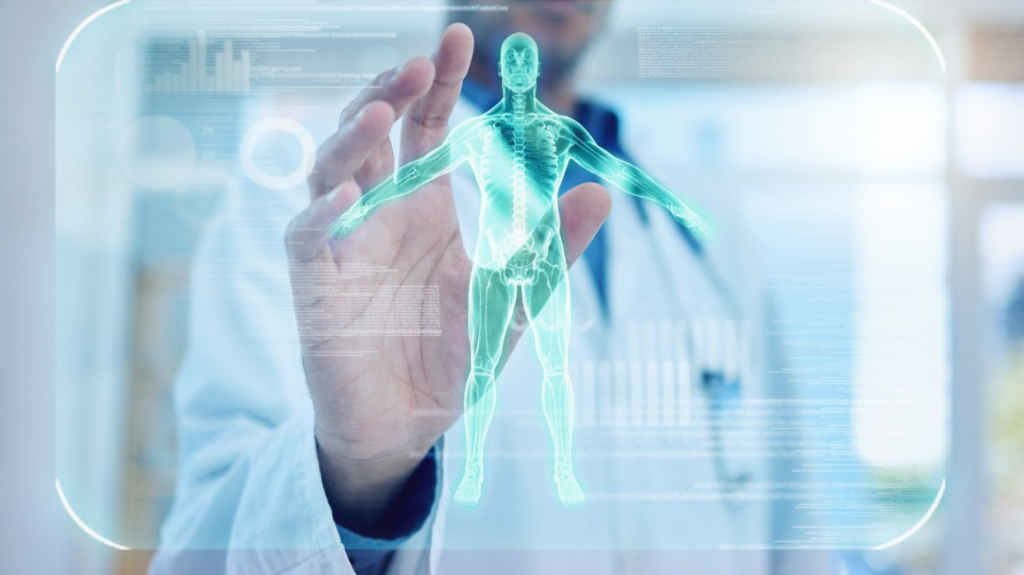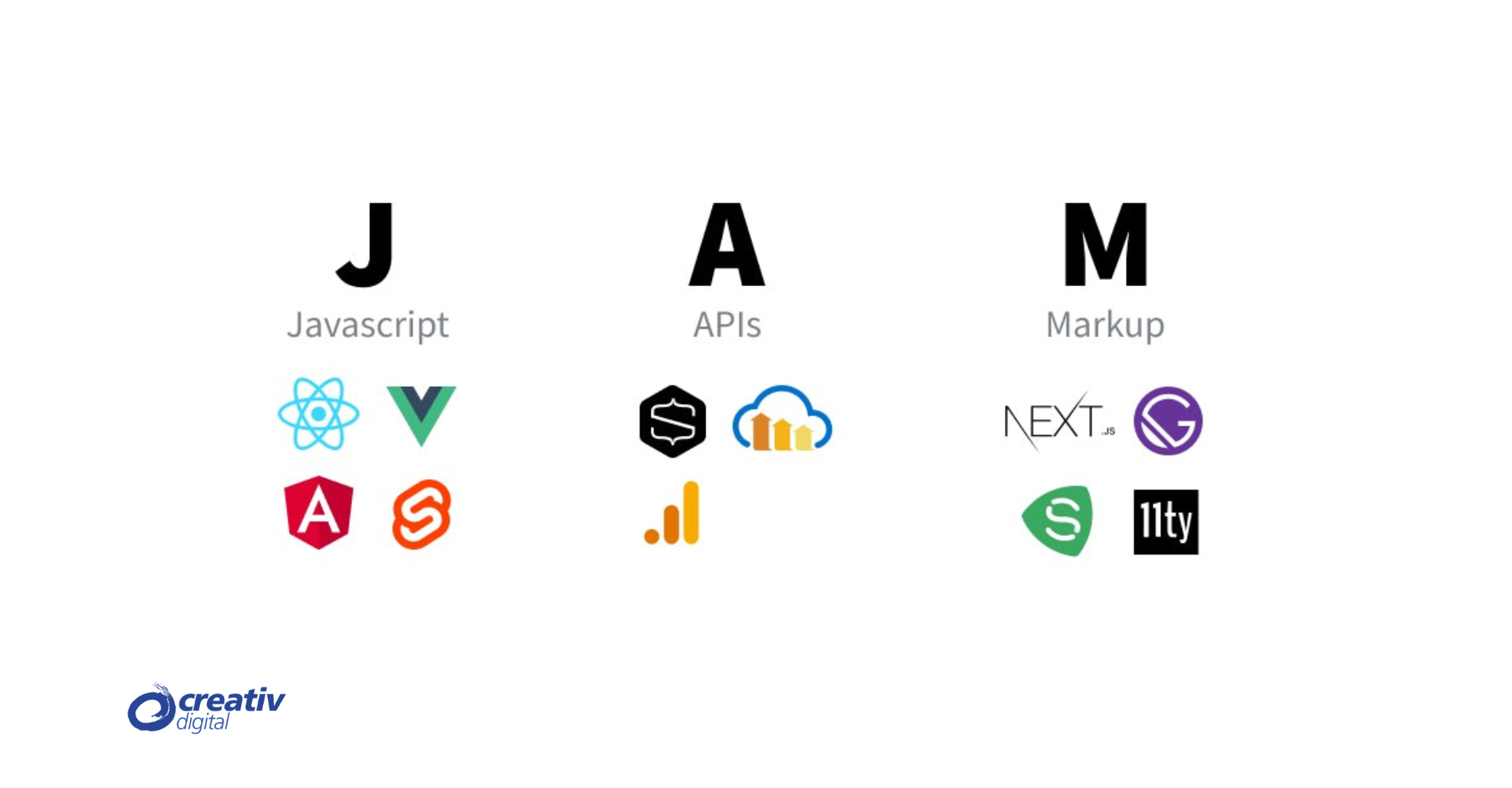The healthcare industry is undergoing a significant transformation driven by advancements in artificial intelligence (AI). AI-driven software solutions are revolutionizing the way healthcare is delivered, improving patient outcomes, enhancing operational efficiencies, and reducing costs.
Transforming Healthcare with AI-Driven Software Solution
Here are the various ways AI is transforming healthcare and the profound impact it is having on the industry.
1. Enhancing Diagnostic Accuracy and Speed
Advanced Imaging and Analysis
AI algorithms are significantly improving the accuracy and speed of diagnostic imaging. Traditional imaging methods rely heavily on human interpretation, which can be time-consuming and prone to error. AI-driven software can analyze medical images, such as X-rays, CT scans, and MRIs, with remarkable precision, identifying patterns and anomalies that might be missed by the human eye. This leads to faster and more accurate diagnoses, enabling earlier intervention and better patient outcomes.
Predictive Analytics
AI-powered predictive analytics are transforming diagnostic processes by analyzing vast amounts of data to predict disease risk and progression. For instance, AI algorithms can analyze genetic information, medical histories, and lifestyle factors to identify patients at high risk for conditions like heart disease, diabetes, and cancer. This allows for proactive measures, such as personalized screening and prevention strategies, ultimately improving patient health and reducing the burden on healthcare systems.
2. Personalizing Treatment Plans
Precision Medicine
AI is at the forefront of precision medicine, an approach that tailors treatment plans to individual patients based on their unique genetic makeup, lifestyle, and environmental factors. AI-driven software can analyze large datasets to identify the most effective treatments for specific patient profiles. This personalized approach not only enhances treatment efficacy but also reduces the likelihood of adverse reactions, leading to better patient outcomes and satisfaction.
Drug Discovery and Development
The process of drug discovery and development is traditionally lengthy and expensive. AI-driven software is accelerating this process by analyzing vast datasets to identify potential drug candidates and predict their effectiveness. AI can also simulate clinical trials, reducing the need for extensive human testing and speeding up the approval process. This results in faster access to new and effective treatments for patients.
3. Streamlining Administrative Tasks
Automation of Routine Tasks
AI-driven software solutions are automating routine administrative tasks, freeing up healthcare professionals to focus on patient care. Tasks such as appointment scheduling, billing, and documentation can be efficiently managed by AI, reducing administrative burden and minimizing errors. This leads to increased productivity and allows healthcare providers to dedicate more time to patient interactions.
Electronic Health Records (EHR) Management
Managing electronic health records (EHR) is a complex and time-consuming task. AI-driven solutions are improving EHR management by automatically updating patient records, extracting relevant information, and ensuring data accuracy. This streamlined approach enhances data accessibility and interoperability, allowing healthcare providers to make informed decisions quickly and efficiently.
4. Improving Patient Engagement and Care
Virtual Health Assistants
AI-powered virtual health assistants are transforming patient engagement by providing personalized health information and support. These virtual assistants can answer patient queries, offer medication reminders, and provide guidance on managing chronic conditions. By offering round-the-clock support, virtual health assistants improve patient adherence to treatment plans and enhance overall health outcomes.
Remote Monitoring and Telehealth
AI-driven remote monitoring and telehealth solutions are revolutionizing patient care by enabling continuous monitoring of patients outside traditional healthcare settings. Wearable devices equipped with AI can track vital signs, detect anomalies, and alert healthcare providers in real-time. This allows for timely interventions, reduces hospital readmissions, and empowers patients to take an active role in managing their health.
5. Enhancing Operational Efficiency
Predictive Maintenance and Resource Allocation
AI-driven predictive maintenance solutions are optimizing the management of healthcare equipment and facilities. By analyzing data from sensors and maintenance logs, AI can predict equipment failures and schedule maintenance proactively, minimizing downtime and ensuring continuous operation. Additionally, AI-driven resource allocation solutions can optimize the use of hospital beds, staff, and other resources, improving overall efficiency and patient care.
Supply Chain Optimization
The healthcare supply chain is complex and often faces challenges such as shortages and inefficiencies. AI-driven software solutions are optimizing supply chain management by predicting demand, identifying potential disruptions, and recommending optimal inventory levels. This ensures that healthcare facilities have the necessary supplies when needed, reducing waste and improving patient care.
6. Advancing Research and Innovation
Big Data Analysis
AI-driven software solutions are enabling researchers to analyze vast amounts of healthcare data quickly and accurately. This is accelerating the pace of medical research and leading to new discoveries and innovations. AI can identify patterns and correlations in data that might be missed by traditional methods, providing valuable insights into disease mechanisms, treatment outcomes, and population health trends.
Clinical Decision Support Systems
AI-driven clinical decision support systems are assisting healthcare providers in making evidence-based decisions. By analyzing patient data and comparing it to clinical guidelines and research, these systems can provide recommendations for diagnosis, treatment, and follow-up care. This enhances the quality of care, reduces variability in treatment, and supports healthcare providers in delivering the best possible outcomes for their patients.
Conclusion
AI-driven software solutions are transforming healthcare in profound ways, from enhancing diagnostic accuracy and personalizing treatment plans to streamlining administrative tasks and improving patient engagement. By leveraging the power of AI, healthcare providers can deliver more efficient, effective, and patient-centered care. As AI technology continues to evolve, its impact on healthcare will only grow, paving the way for a future where healthcare is more accessible, affordable, and tailored to the needs of each individual. Embracing AI-driven solutions is not just a technological advancement; it is a strategic imperative for improving health outcomes and shaping the future of healthcare.



